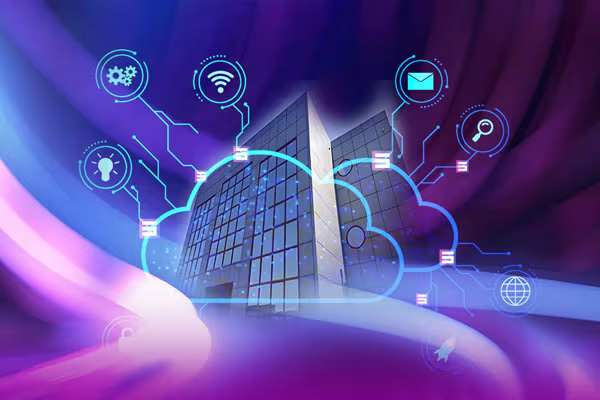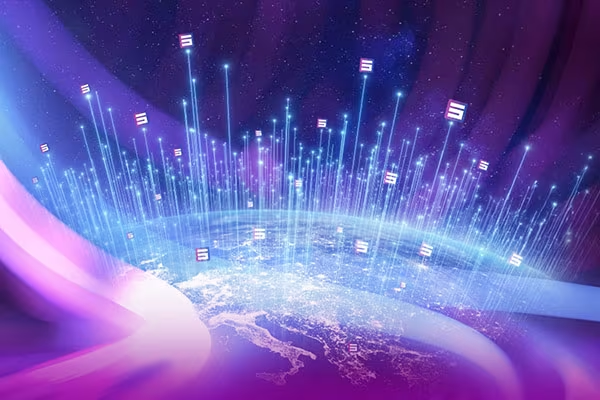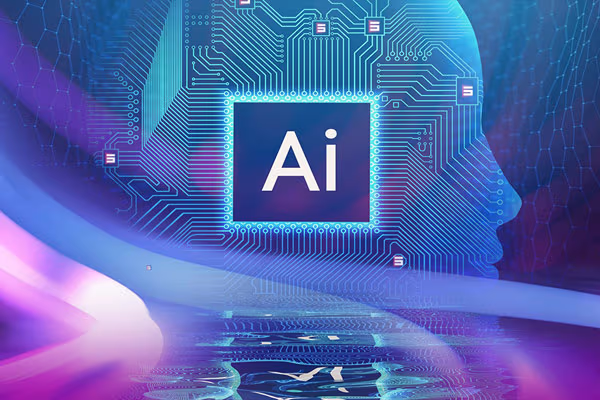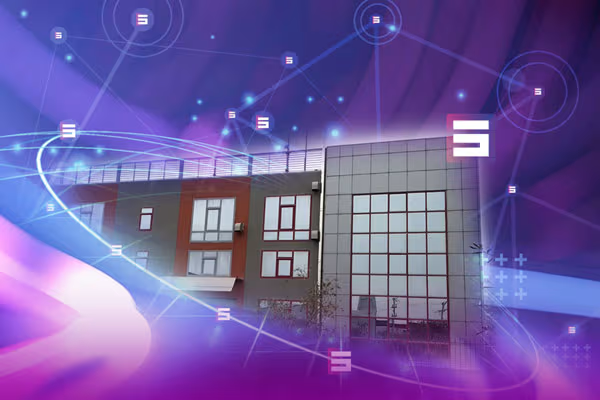

What do Data Centers do? Unpacking the Digital Engines Behind Modern Life
Every time you send an email, stream a video, make an online purchase or use a cloud-based app, you’re interacting with a data center, whether you realize it or not. These facilities are the unsung heroes of the digital age, quietly powering the services, platforms and infrastructure that define modern life. But what exactly do data centers do? Beyond storing data, they perform a wide array of functions that enable global connectivity, business continuity and technological innovation. In this blog, we’ll explore the multifaceted roles of data centers, from hosting applications and managing traffic to enabling artificial intelligence and securing sensitive information.
1. DATA STORAGE AND MANAGEMENT
At their core, data centers are designed to store and manage vast volumes of digital information. This includes:
- Structured data: Databases, spreadsheets and records
- Unstructured data: Emails, documents, images and videos
- Transactional data: Financial records and e-commerce logs
- Backup and archival data: Disaster recovery and compliance storage
Storage systems in data centers use technologies like SAN (Storage Area Network), NAS (Network Attached Storage), and object storage to organize and retrieve data efficiently.
2. APPLICATION HOSTING
Data centers host the applications that businesses and consumers rely on daily. These include:
- Enterprise software: ERP, CRM and HR systems
- Web applications: E-commerce platforms, portals and SaaS tools
- Mobile apps: Backend infrastructure for iOS and Android apps
- Cloud services: Virtual machines, containers and serverless functions
By providing high-performance computing resources, data centers ensure that applications run smoothly, scale dynamically and remain available 24/7.
3. NETWORK CONNECTIVITY AND TRAFFIC ROUTING
Data centers are hubs of connectivity, linking users to services and services to each other. They manage:
- Internal traffic: Between servers and storage systems
- External traffic: Between users and applications
- Peering and transit: Connections to internet service providers and other data centers
Advanced networking equipment such as switches, routers and load balancers, ensures low latency, high throughput and fault tolerance.
4. BUSINESS CONTINUITY AND DISASTER RECOVERY
Downtime can be catastrophic. Data centers implement redundancy and failover systems to ensure uninterrupted service:
- Backup power: UPS systems and diesel generators
- Redundant hardware: Multiple servers, storage arrays and network paths
- Disaster recovery protocols: Offsite backups, replication and automated failover
These measures protect against hardware failure, cyberattacks and natural disasters, ensuring that businesses stay online even in crisis.
5. SECURITY AND COMPLIANCE
Data centers are responsible for protecting sensitive data and maintaining regulatory compliance. This includes:
Physical Security
- Biometric access controls
- Surveillance cameras
- Security personnel
- Mantraps and airlocks
Cybersecurity
- Firewalls and intrusion detection systems
- Encryption (at rest and in transit)
- Access control and identity management
- Security Information and Event Management (SIEM)
Compliance Standards
- GDPR (General Data Protection Regulation)
- ISO 27001 (Information Security Management)
- PCI DSS (Payment Card Industry Data Security Standard)
- HIPAA (Health Insurance Portability and Accountability Act)
6. SUPPORTING EMERGING TECHNOLOGIES
Data centers are not static, they evolve to support cutting-edge technologies:
Artificial Intelligence and Machine Learning
AI workloads require massive computational power and parallel processing. Data centers provide the GPU clusters and high-speed storage needed to train and deploy models.
Internet of Things (IoT)
IoT devices generate continuous streams of data. Data centers process, store and analyze this data in real time, enabling smart cities, autonomous vehicles and industrial automation.
Blockchain and Cryptocurrency
Blockchain networks rely on distributed nodes and consensus algorithms. Data centers host these nodes and support mining operations with high-density computing and efficient cooling.
Virtual and Augmented Reality
VR/AR applications require low latency and high bandwidth. Edge data centers bring compute resources closer to users, enhancing immersive experiences.
7. ENVIRONMENTAL STEWARDSHIP
Modern data centers are increasingly focused on sustainability and energy efficiency. Key initiatives include:
- Renewable energy sourcing: Solar, wind and hydroelectric
- Efficient cooling systems: Liquid cooling, immersion cooling and free cooling
- Heat reuse: Redirecting waste heat for district heating
- Carbon offset programs: Investing in green projects to balance emissions
Technologies like immersion cooling are helping data centers reduce energy consumption and environmental impact.
8. ECONOMIC AND STRATEGIC IMPORTANCE
Data centers are more than technical facilities, they’re economic engines and strategic assets:
- Job creation: Engineers, technicians and security personnel
- Digital infrastructure: Supporting national and regional connectivity
- Innovation hubs: Enabling startups, research institutions and enterprises
- Geopolitical relevance: Data sovereignty and cross-border data flows
Countries and companies are investing heavily in data center development to secure their digital futures.
9. THE ROLE OF DATA CENTERS IN GREECE
Greece is emerging as a strategic location for data centers, thanks to its geographic position, improving fiber infrastructure, and growing tech ecosystem. The country is attracting investment from global players and fostering local innovation. Synapsecom is at the forefront of this transformation, offering Tier III-certified facilities that support regional and international clients with high-performance, secure, and scalable infrastructure.
WHY CHOOSE SYNAPSECOM?
Synapsecom is more than a data center provider, we’re a strategic partner in your digital journey. Our facilities in Greece offer high availability, robust security and expert support for colocation, cloud hosting and disaster recovery. With ISO certifications and a commitment to sustainability, Synapsecom empowers businesses to scale confidently and securely.
Get in touch with us | Find out more about CoolBlock
Follow us on social media for company’s updates and industry news 👇



